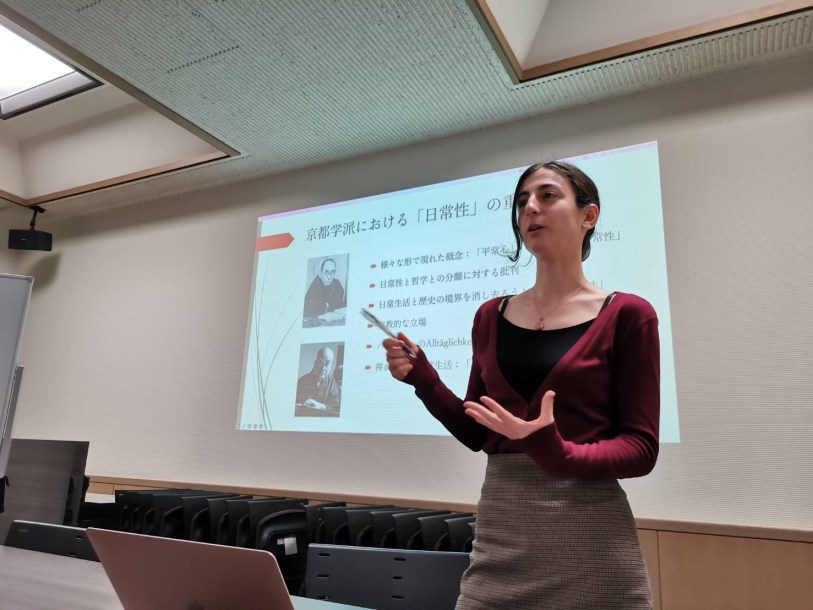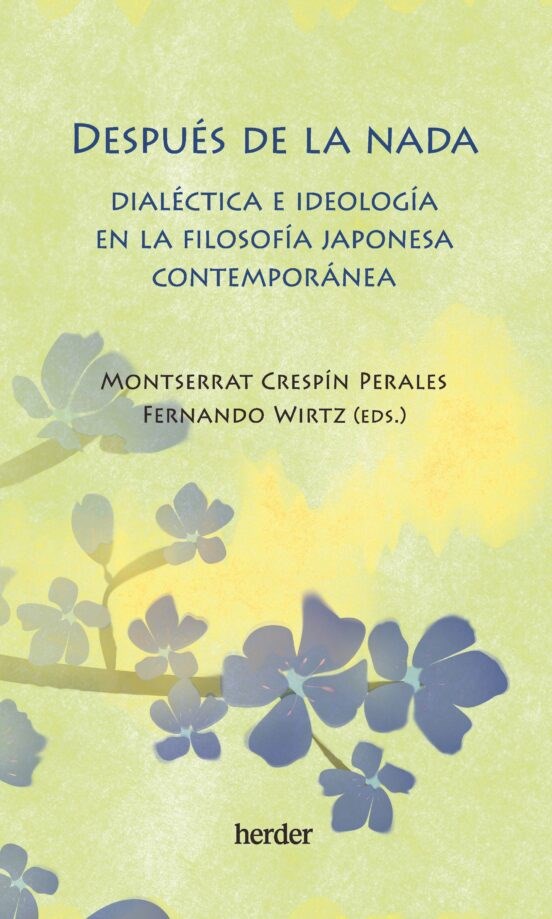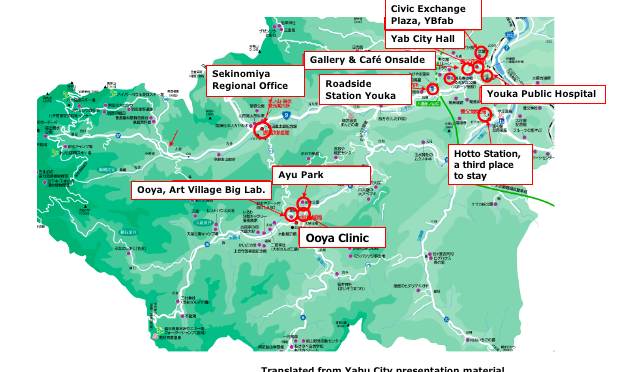- HOME
- >
- プロジェクト
- >
- 連携研究プロジェクト
- >
- Everydayness and common sense in the intellectual atmosphere of the early Shōwa (1926-1945). A first step towards the interdisciplinary field of “Everydayness Studies”.
Everydayness and common sense in the intellectual atmosphere of the early Shōwa (1926-1945). A first step towards the interdisciplinary field of “Everydayness Studies”.
2023.06.14
プロジェクト代表者:
WIRTZ, Fernando(Kyoto University, Assistant Professor)
連携研究員・共同研究員:
・MATSUI, Nobuyuki(Ritsumeikan University, Assistant Professor)
・NAKAMURA, Norihito(Kyoto University/Tübingen University, Postdoc Fellow)
・NANUASHVILI, Tekla(Kyoto University, PhD Candidate)
・CRESPÍN PERALES, Montserrat(Universidad de Barcelona, Associate Professor, Senior Lecturer)
プロジェクト紹介
Results:
Our project set out to map the concept of everydayness and other semantically related terms in the Japanese philosophy of interwar and wartime Japan. We focused on the philosophy of Nishida Kitaro, Suzuki Daisetsu, Miki Kiyoshi, Tosaka Jun and Nakamura Yujiro.
In philosophy, the concept of everydayness has been explored as a way to challenge traditional metaphysical and epistemological assumptions that prioritize abstract concepts and grand narratives over concrete, lived experience. Philosophers like Martin Heidegger and Maurice Merleau-Ponty have argued that an understanding of everydayness is crucial for developing a more nuanced understanding of human existence and the world around us.
The philosophers of the Kyoto School, particularly Nishida, Suzuki, and Tosaka, also emphasized the importance of everydayness in their philosophical inquiries. They viewed everydayness as a fundamental aspect of human experience that is often overlooked by traditional Western philosophy.
Suzuki views the ordinary mind as the expression of everydayness, representing a detached standpoint of religious consciousness that goes beyond the distinction between great events and everyday activities. According to Suzuki, contemplating life from this standpoint eradicates the distance between “normal times” and “extreme times.” In contrast, Nishida’s philosophy, which is grounded in Zen Buddhism, considers religion as springing from the concreteness of everyday life. The ordinary mind, for Nishida, is the ground for subjective self-realization and the historical world itself, associated with the absolute nothingness.

However, while Nishida’s philosophy regards everydayness as the ground for the most deep world, what is absent in his philosophical inquiry is the reference to examples from real everyday life. In contrast, Suzuki emphasizes everydayness and bodily activities as a reaction against the mechanization of everyday behaviors, connecting people directly to their lives. Suzuki expresses this concern with the term “separation-from-Earth.” He believes that religious experience is accessible to everyone, including illiterate people.
Tosaka Jun will address the concept of everydayness from a Marxist perspective. For him everydayness refers to the social experience of workers, forced to work every day to earn their livelihood and not knowing what the next day will bring. In this sense, Tosaka harshly criticized those authors who sought to canonize the experience of everydayness as something supranatural, transforming the everydayness precisely into something extra-ordinary.
His project showed that although the perspectives of these authors differed from each other, the concept of everydayness was clearly important during the period and was used by Japanese philosophers to oppose Western metaphysics.
Collaboration
Our research group met regularly in a hybrid fashion (for which the Meeting Owl webcam was an invaluable aid). Together with our collaborator from Spain, Professor Crespín Perales, we published an article in Spanish on the concept of everydayness in Miki and Tosaka, and the book’s foreword includes a mention of IFOHS support.
On the other hand, our collaborator from Ritsumeikan University invited us to participate in a panel at the APU Conference 2022 in the city of Beppu where we talked about the concept of everydayness and common sense.
Future research
Our project opened the door to new problems. The most obvious one concerns the continuity of these concepts during the postwar period. It is clear that Nakamura Yujiro has written about everydayness, but what about other authors? Investigating this concept in the political environment of the 1960s and 1970s in Japan will be part of our future research.
On the other hand, investigating the philosophy of Nishida and Suzuki showed us that their reading of classical Buddhist texts is very heterodox. The reception of the concepts of ordinary mind and Earth was clearly mediated by historical circumstances. In future research, we will have to continue tracing the transformations of these concepts of Buddhist origin.

その他の関連記事
こちらもよく読まれています
-

2026.02.25
保護中: The Role of Art and Culture in Health and Well-being: Social Implementation Using the INNATE Framework and Positive Health
-

2026.02.25
保護中: アート/文化と健康/ウェルビーイング- INNATE Frameworkとポジティヴヘルスを用いた社会実装
-
-672x372.jpg)
2026.02.25
保護中: Resilience in Comfortable Authoritarian Powers—A New Comparative Perspective on China and Russia
